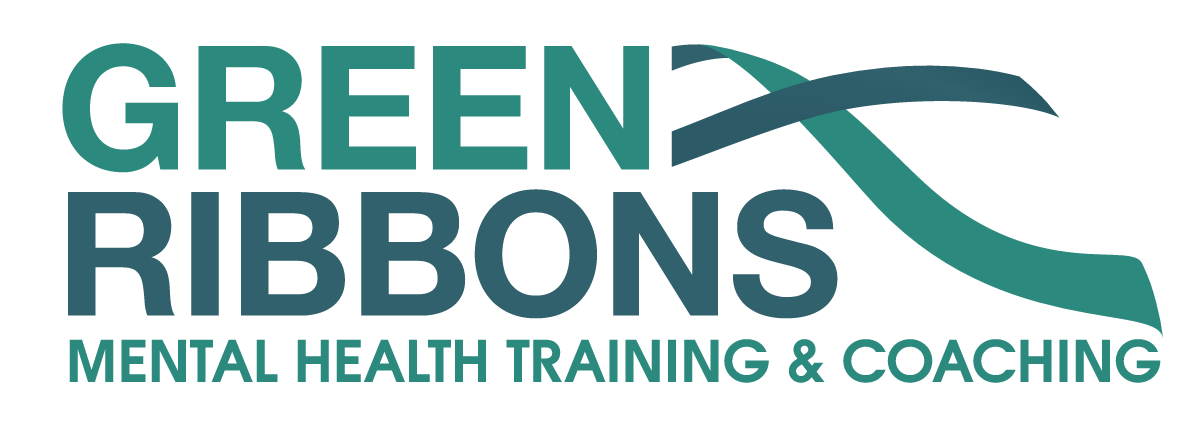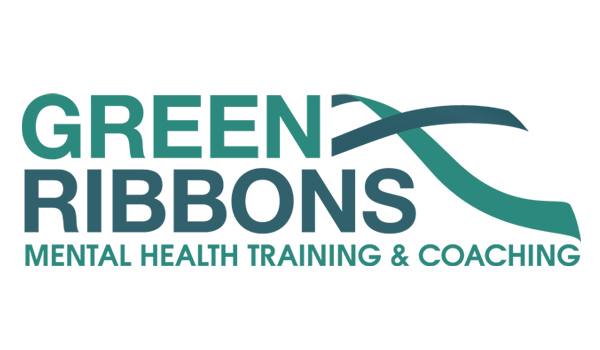Scotland’s Mental Health First Aid for Vets

Veterinarians can suffer from stress, just like professionals in any field. However, the veterinary profession has some unique stressors and challenges that can contribute to higher levels of stress and mental health issues. The emotional demands of the work, long hours and workload, financial stress, high expectations, client communication, compassion fatigue and isolation are just some of the stressors that can affect Vets. These factors, among others, can contribute to high levels of stress among veterinarians. It’s essential for those in the veterinary profession to prioritise self-care, seek support from colleagues and loved ones, and reach out to professional resources if they experience signs of excessive stress or mental health issues
- A study conducted by the Royal College of Veterinary Surgeons (RCVS) in 2014 found that around 12% of veterinary surgeons in the UK had experienced a mental health condition in the previous year.
- Another study conducted by the RCVS in 2016 found that around 60% of veterinary surgeons in the UK had experienced a mental health condition at some point in their career.
- A survey conducted by the Society of Practising Veterinary Surgeons (SPVS) in 2018 found that around 40% of veterinary surgeons in the UK were experiencing high levels of stress, and 38% were experiencing symptoms of anxiety or depression.
What’s on this page?
In a Nutshell...
What are the factors affecting Vets Mental Health?
Sound Familiar? There's something you can do for yourself, your practice and your colleagues...
Mental Health Awareness: Why should Vets undertake Mental Health Training?
A mental health awareness course can help veterinarians better understand the warning signs of mental health issues, reduce the stigma surrounding mental health, and learn coping mechanisms to manage stress and maintain good mental health.
Here are just six reasons Vets should undertake Mental Health Awareness Training:
Good news! There's an easily accessible solution to enhance your mental health skills...
Scotland’s Mental Health First Aid (SMHFA) – Tailored for Vets
Scotland’s Mental Health First Aid (SMHFA) is a training program developed in Scotland to equip individuals with the skills and knowledge to provide initial support to someone experiencing mental health problems or who is in a mental health crisis. The goal of SMHFA is to promote early intervention, reduce stigma, and increase awareness of mental health issues in the community.
The training covers various mental health conditions, such as depression, anxiety, psychosis, and substance misuse, and teaches participants how to recognize the signs and symptoms of these conditions. It also provides guidance on how to approach and engage with someone who may be experiencing a mental health problem or crisis.
Green Ribbons has developed a tailored SMHFA course for Vets, addressing some of the unique issues in the sector, based on the personal experience of family members who work within the industry.
What does Scotland’s Mental Health First Aid Training Cover?
How does Scotland's Mental Health First Aid training work?
Duration
The course takes 12 Hours, typically spanning 2 full days or 4 half-day sessions, providing a comprehensive learning experience.
Certified Instructors
Courses are led by experienced, certified instructors who are continuously quality assessed by Health Scotland.
Interactive Learning
The course features a mix of presentations, group discussions, case studies, videos, and role-playing exercises to ensure a practical, hands-on learning experience.
Small Group Sizes
Classes, of 8-16, are kept small to facilitate personalised attention, encourage active participation, and foster a supportive learning environment.
ALGEE Framework
The course teaches the ALGEE action plan, which stands for Assess, Listen, Give reassurance and information, Encourage appropriate professional help, and Encourage self-help strategies.
Confidentiality
Instructors maintain a safe and confidential space for participants to share their experiences and ask questions without judgment.
Course Materials
Participants receive a comprehensive course manual and additional resources to support their learning and ongoing development.
Certification
Upon successful completion of the course, participants receive a certificate that validates their skills and knowledge as Mental Health First Aiders.
Ready to find out more? Contact Us Today
07726 780800
Call
Call us for an Informal chat about Scotland’s Mental Health First Aid and Mental Health Awareness Training
- We can discuss how SMHFA can benefit your organisation and explore options
info@greenribbons.co.uk
@GreenRibbonsHQ
Socials
- Facebook: @GreenRibbonsHQ
- Twitter: @GreenRibbonsHQ
- Instagram: @GreenRibbonsHQ







